2024 Bertha
Challenge Activist Fellows
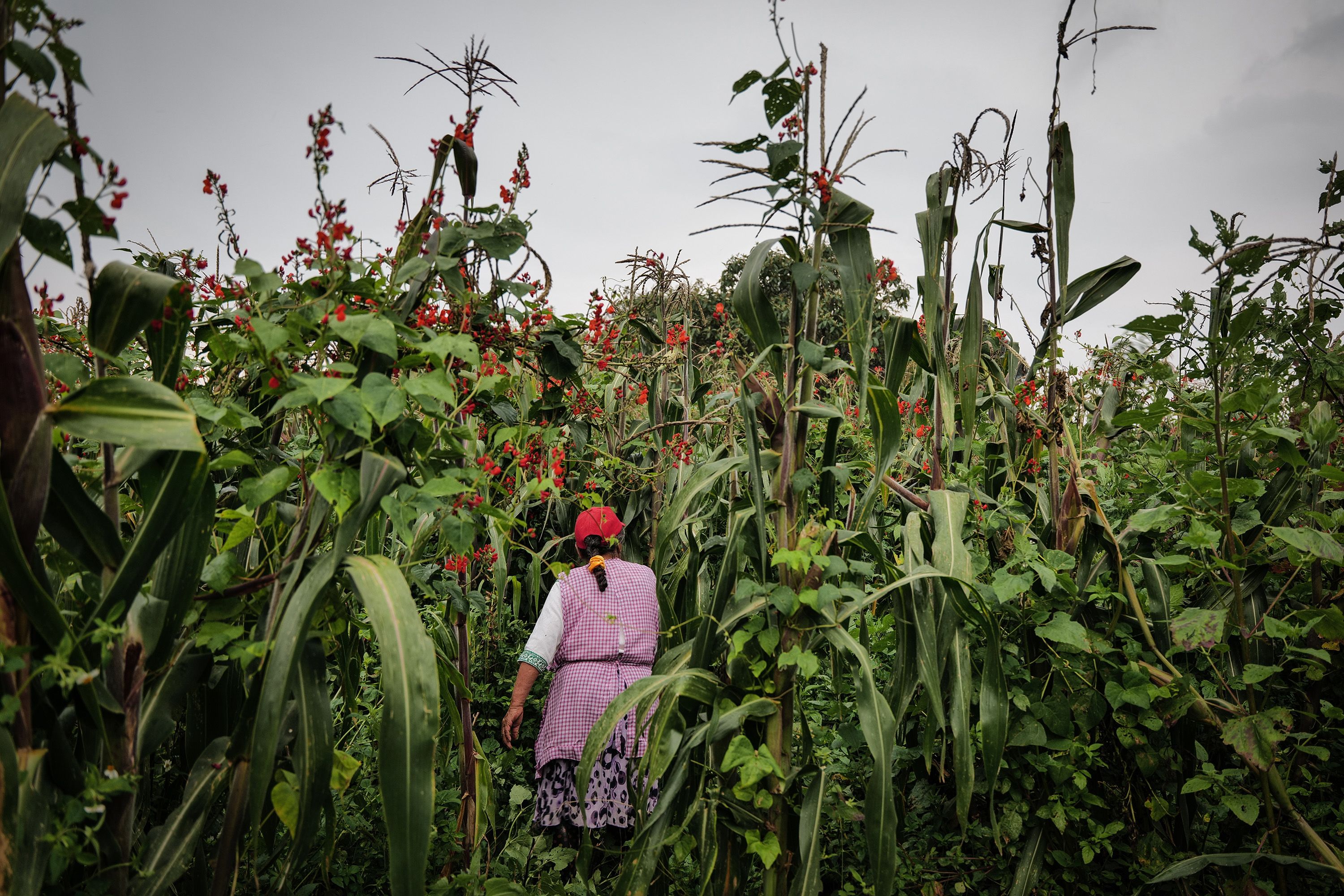
Salim Abu Jabal
Location: Golan Heights
Host Organization: Al-Marsad – Arab Human Rights Centre in Golan Heights
Salim Abu Jabal is an experienced filmmaker and former journalist who is passionate about cinema in one of the most difficult parts of the world – the Israeli occupied Golan Heights. He specializes in cultural and cinematic topics related to Palestine and Israel. His feature documentary, “Roshmia,” received global awards. He has founded cinema clubs in the Golan Heights, Ramallah and Haifa, while also programming film festivals.
Salim’s Bertha Challenge film looked at small family farms in the Golan Heights threatened by a controversial wind turbine project backed by the Israeli government. The private Israeli company, Energix, has been driving this project since 2022. The company took over apple and cherry farms with misleading information about the long-term environmental and health damage the turbines would cause. Salim engaged with the community campaign against the turbines project, collaborating with the Al-Marsad – a human rights center in the Golan Heights – hoping to thwart its implementation and protect the farmers’ land.
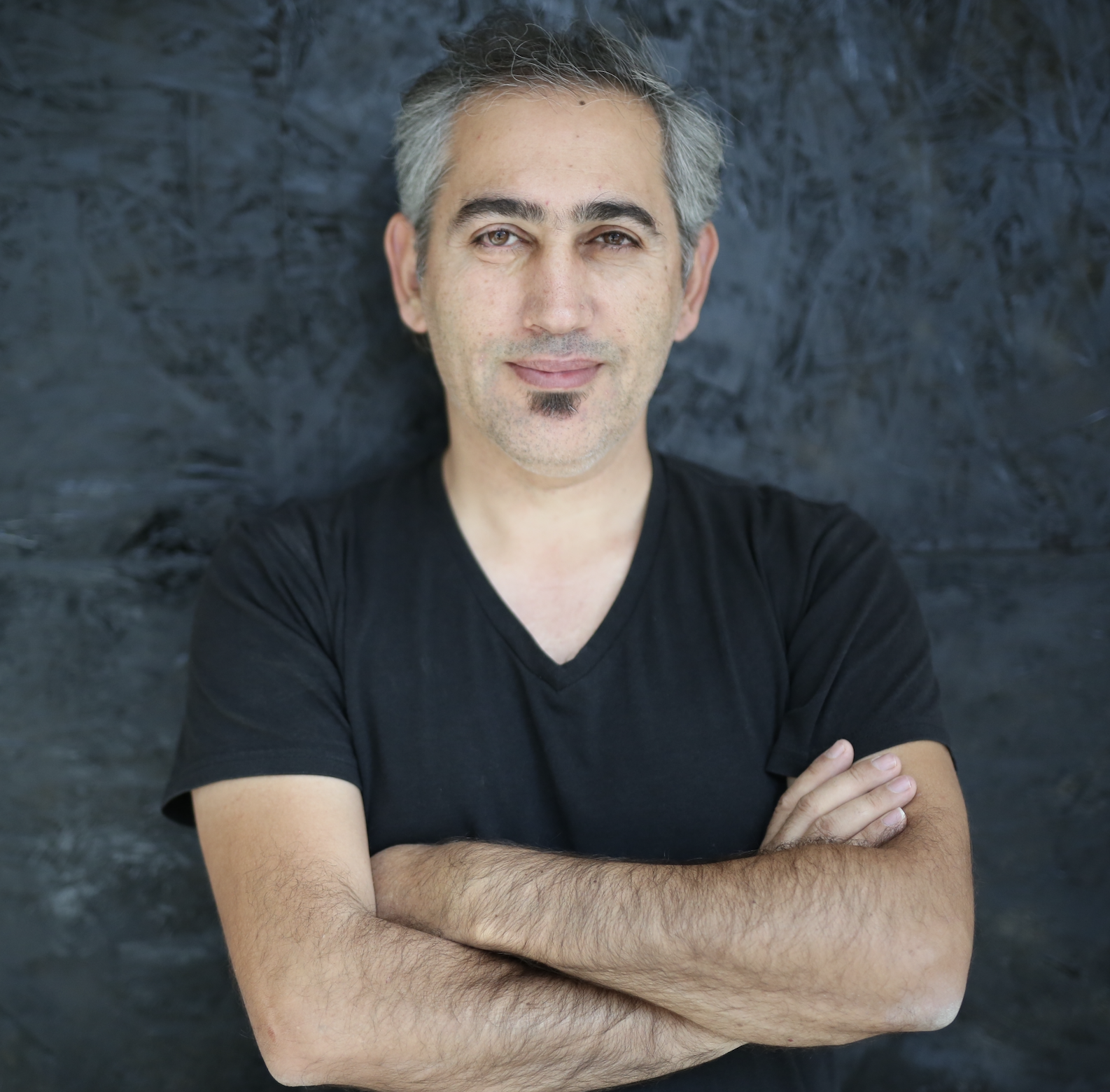
Oyunchimeg Demchig
Location: Mongolia
Host Organization: The Mongolian Public Media Content Foundation
Oyunchimeg Demchig is a public media activist in Mongolia. With a career spanning over 25 years, she has worked tirelessly to promote freely accessible public interest information. She left traditional media in protest of state interference. Founder of the Mongolian Public Media Content Foundation, she has been dedicated to producing and distributing public interest content at no cost to media outlets. Her commitment to justice was acknowledged with a European Union Human Rights Award in 2020 for her advocacy against the criminalization of libel.
During her Fellowship year, Oyunaa created a documentary film on political disinformation about livestock farming in Mongolia.
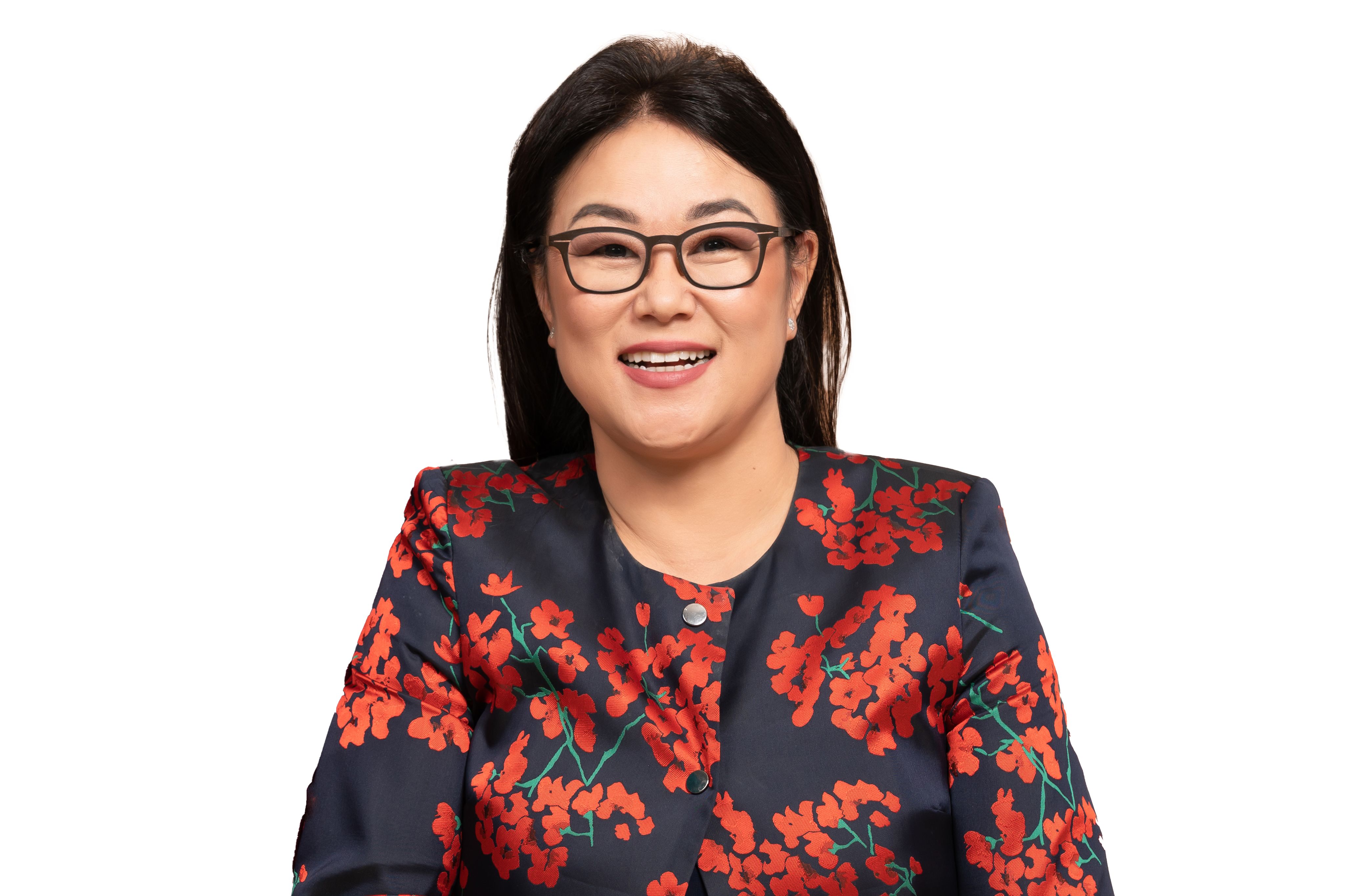
Ken Henshaw
Location: Nigeria
Host Organization: We the People
Ken Henshaw leads a human and ecological rights organization called ‘We the People’, based in Nigeria’s Niger Delta. For nearly 20 years, Ken has worked closely with communities in the Niger Delta where crude oil and gas have been extracted for 69 years with devastating environmental, health and social consequences. His work is focused on mobilizing communities to hold multinational oil companies responsible for cleaning up their devastating pollution, ensuring that the rights of Indigenous peoples are respected and protected, that community livelihoods lost to pollution are restored and that the effects of climate change are mitigated.
Ken’s work is a race against the clock as international oil companies are divesting from Nigeria in what is widely believed to be an attempt to avoid legal repercussions. He has monitored the impacts of climate change and hydrocarbon pollution on communities in Nigeria.
Ken used his Fellowship year to expose and counter disinformation from oil companies on the impact oil extraction has had. He produced a podcast series and articles that dissected Shell’s proposed divestment from the Niger Delta, revealing that the sale of Shell’s assets to Renaissance Energy was in fact funded almost wholly by a loan from Shell. Ken worked with communities to connect their experiences with international audiences, including working with UK activists to get their testimonies read at a Shell Annual General shareholders’ meeting in London.
Petition: ‘Don’t let Shell, ExxonMobil, Eni-Agip, Chevron and Total go without cleaning the Niger Delta’ [June 2024]
Podcast: ‘Crime Scene: Big oil in the Niger Delta’ [July 2024]
Podcast: ‘Shell Lies’ [October 2024]
Article: ‘Profit, Pollution and Lies: Interrogating Shell’s divestment claims in the Niger Delta’ [November 2024]
Podcast: ‘Fake Deal: Behind Shell’s multi-billion dollar Niger Delta divestment hoax’ [December 2024]
Article: ‘Fake Deal: Behind Shell’s multi-billion dollar Niger Delta divestment hoax’ [December 204]
Podcast: ‘Shell: Fuelling climate disaster’ [December 2024]
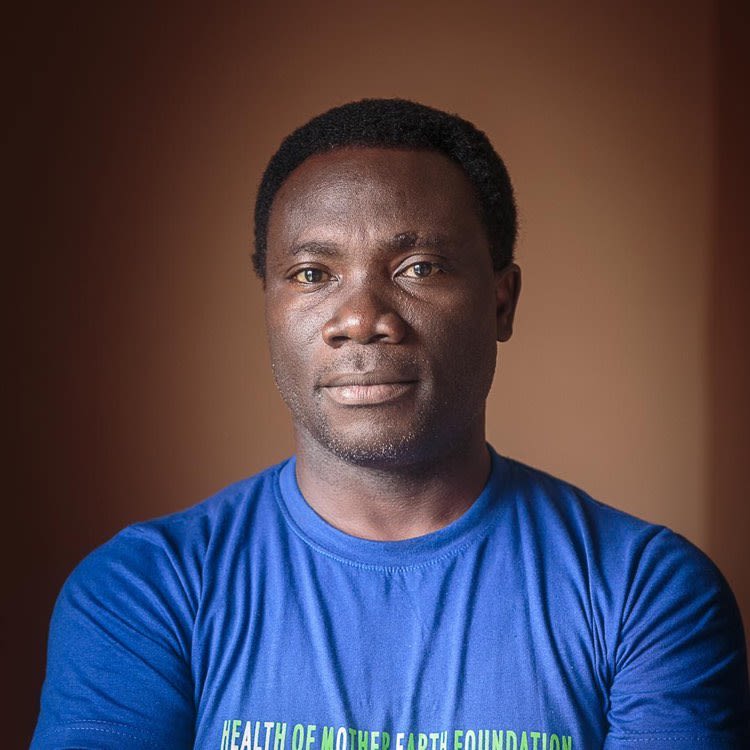
Dennis Orengo Juma
Location: Kenya
Host Organization: Kiamaiko Social Justice Centre
Dennis Orengo Juma is a human rights defender with 10 years’ experience in community organizing. He advocates against human trafficking and police extra judicial killings, torture and enforced disappearances. He is the founder of the ‘Karate for Social Justice’ tournament, a tool he uses for the promotion of justice at a grassroot level. Dennis is the founding member of the Social Justice Centers Working Group and has helped to establish over 15 social justice centers in Nairobi.
During his Bertha Challenge Fellowship, Dennis took ‘streetstorms’ - public performances highlighting climate disinformation perpetuated by politicians and religious leaders - to communities in some of Nairobi’s poorest areas, alongside community dialogue events. Dennis worked with communities affected by the catastrophic floods in June 2024 to challenge political claims that the floods were a “punishment from God” because of the failure of people to pray, rather than a result of profit-driven, climate destructive economic and environmental policy decisions. Dennis worked with a musician to create a music video about disinformation in relation to the floods. He also worked with communities to paint graffiti murals and planted 1,200 trees in local schools with pupils.
Song: ‘Climate change disinformation’ [September 2024]
Streetstorm: ‘Streetstorm theatre play’ [December 2024]
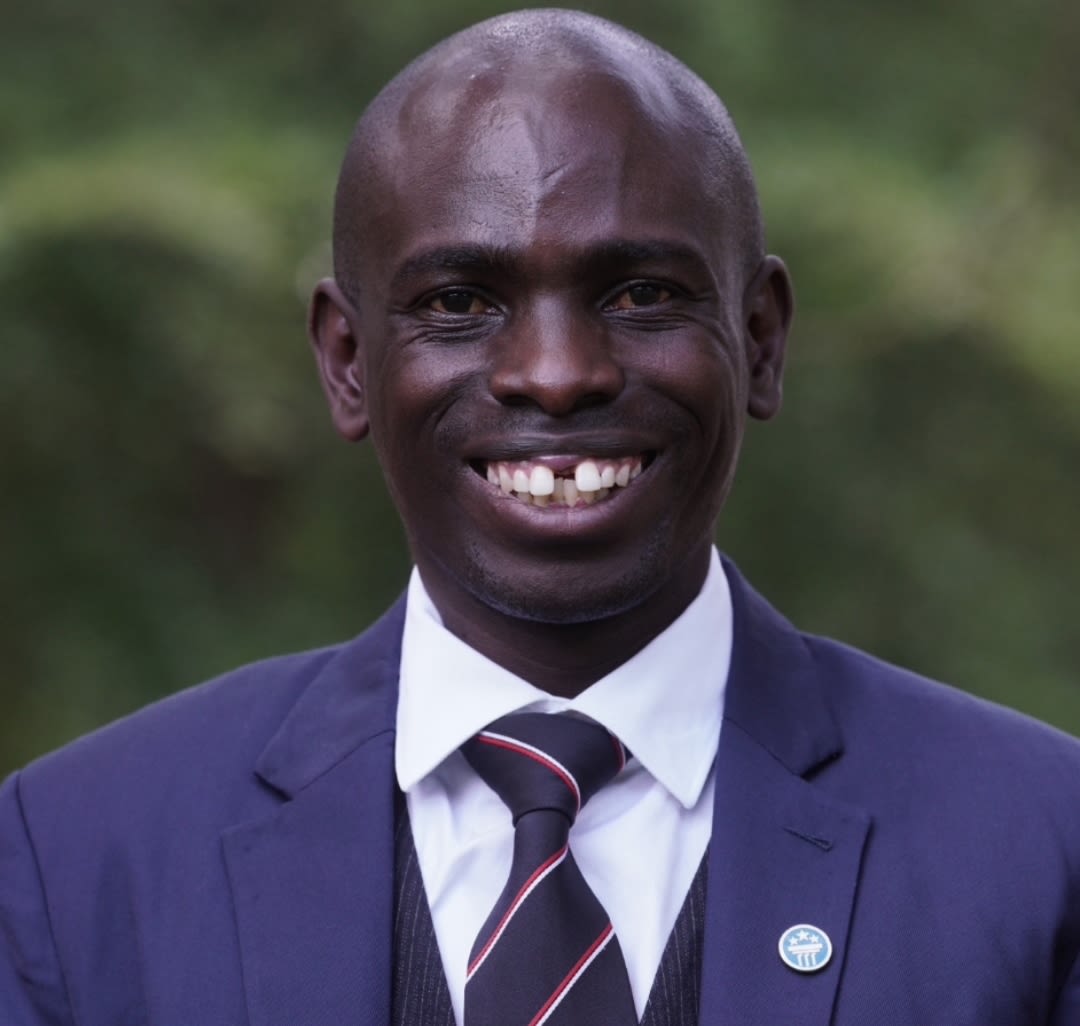
Pato Kelesitse
Location: Botswana
Host Organization: Botswana Society for Human Development
Pato Kelesitse is a climate justice advocate who sees the world around her through a gendered lens. She is the founder of Sustain267 and the host of the Sustain267 Podcast, a platform for amplifying African voices in climate action. Pato is the Curator of Global Shapers Community Gaborone Hub. She serves as a board member for the Climate Justice Resilience Fund, is an advisor for Urgent Action Fund-Africa and is a FuturElect Fellow.
During the Bertha Fellowship, Pato produced a series of podcasts challenging the claim that Africa needs more fossil fuels for development. She looked at the impact of fossil fuel mining on three communities: Medie in Botswana, Emalahleni in South Africa and Cabo Delgado in Mozambique. She highlighted the failed promises made by the companies operating the mines to local communities in relation to infrastructure development, jobs and protections against environmental damage.
Podcast 1: ‘Botswana - Disinformation, fossil fuels and development in Africa’ [July 2024]
Podcast 2: ‘Botswana - Political leadership, power and agendas’ [August 2024]
Podcast 3: ‘Botswana - Profits, costs and development’ [September 2024]
Podcast 4: ‘Botswana - The climate crisis and disinformation in Botswana’ [October 2024]
Podcast 5: ‘Mozambique - Disinformation, fossil fuels and development in Cabo Delgado’ [October 2024]
Podcast 6: ‘Mozambique - Politics and power’ [November 2024]
Podcast 7: ‘Mozambique - Profit and costs’ [November 2024]
Podcast 8: ‘Mozambique - Climate change’ [November 2024]
Podcast 9: ‘South Africa - Disinformation in Emalahleni’ [December 2024]
Podcast 10: ‘South Africa - Power and politics’ [December 2024]
Podcast 11: ‘South Africa - Climate change’ [December 2024]
Podcast 12: ‘Disinformation, fossil fuels and development’ [December 2024]
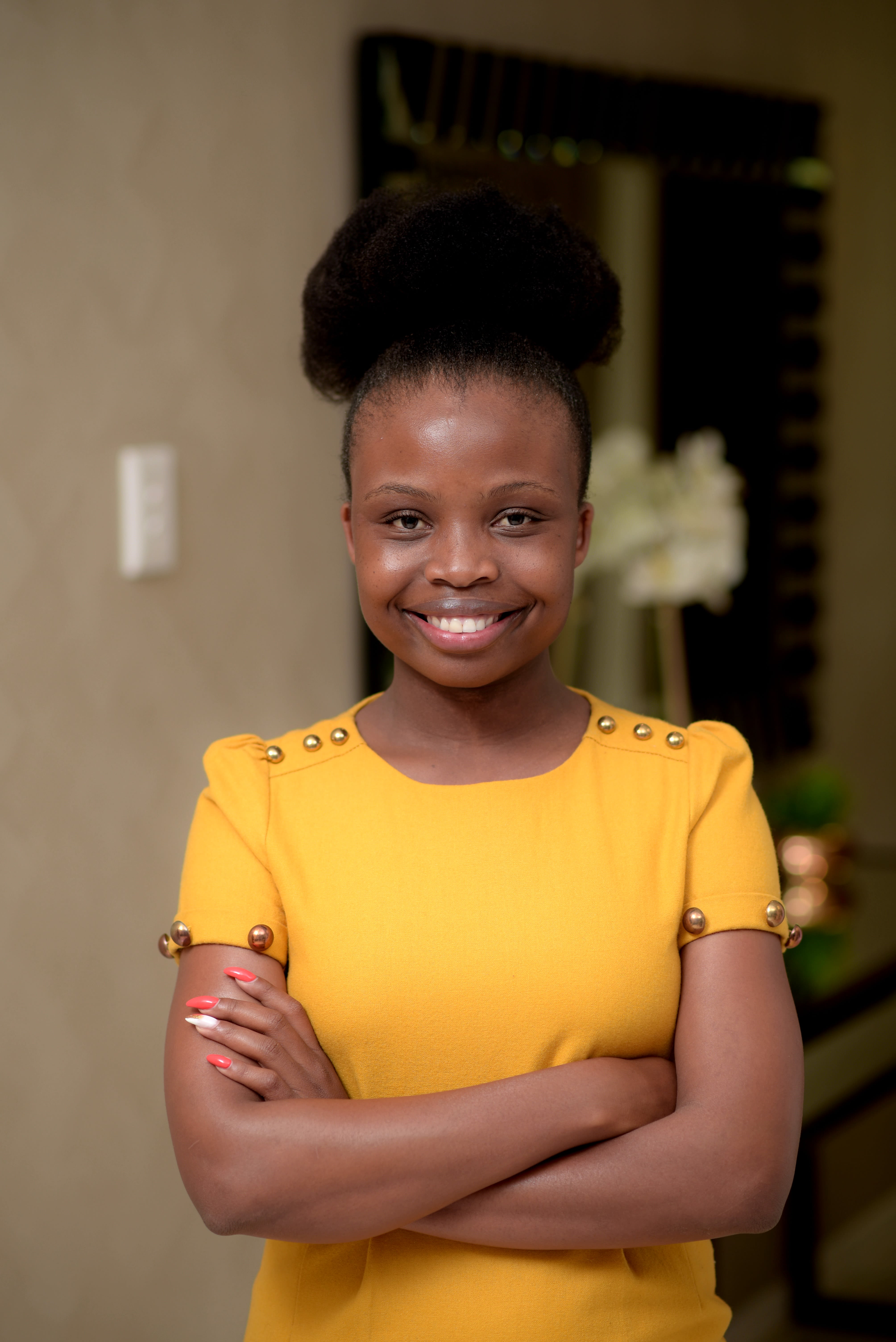
Bambang Catur Nusantara
Location: Indonesia
Host Organization: JATAM (Mining Advocacy Network)
Bambang Catur Nusantara’s hometown in Sidorajo was destroyed by the world's largest mud volcano in 2006, and Catur has tirelessly advocated for the rights of the mud-eruption affected communities ever since. The Indonesian government permits gas drilling companies new mining licenses despite research findings showing mud-flow areas contribute 100,000 tons of methane per year. Catur has been monitoring the ongoing environmental devastation caused by mining and in 2022, he and his colleagues wrote their findings in the book ‘Remedi Sidoarjo’.
During his Fellowship year, Catur worked with local communities at risk from the environmental impacts of extractive industries. He trained communities in testing water and air pollution enabling them to monitor environmental changes. Catur wrote a series of articles and created a short film showing the impacts of the fossil fuel industries in Indonesia, their contribution to the climate crisis, and how the extent of their usage is being falsely reported.
Article: ‘18 Years of Lapindo Mudflow: Pay attention to environmental pollution and public health’ [May 2024]
Article: ‘’Take Care of Springs not Tears,’ Youth Collaborative Narrative Commemorates Anti-Mining Day in Poco Leok’ [May 2024]
Article: ‘Endless Suffering of Lapindo Mudflow Victims’ [June 2024]
Article: ‘Contributors to the Climate Crisis: from Lapindo Mud to Halmahera Nickel’ [October 2024]
Podcast: ‘Energy disinformation’ [December 2024]
Podcast: ‘Disinformation and how to stop it’ [December 2024]
Podcast: ‘Industry and health risks’ [December 2024]
Film: ‘Energy transition hoaxes’ [December 2024]
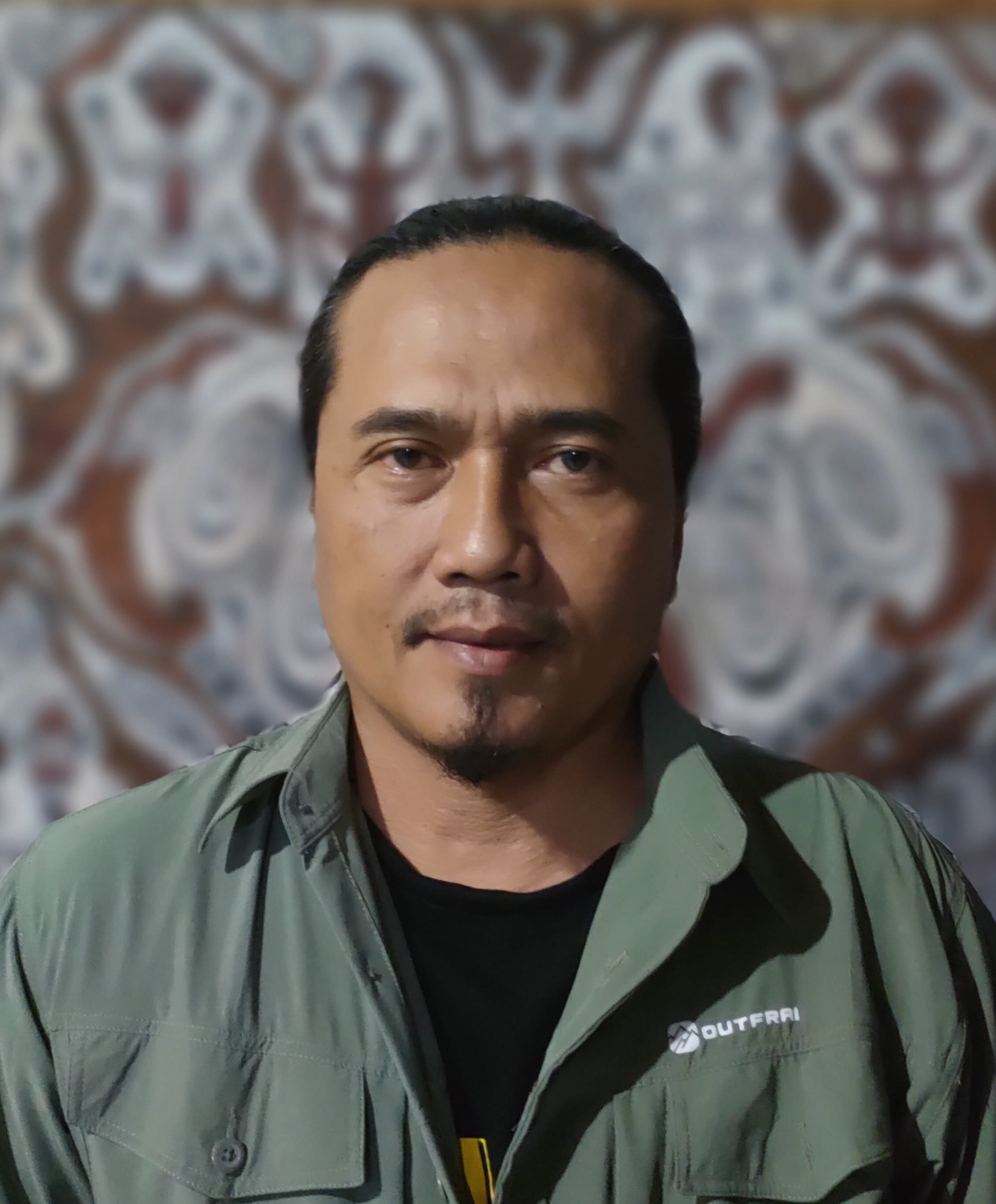


 Built with Shorthand
Built with Shorthand